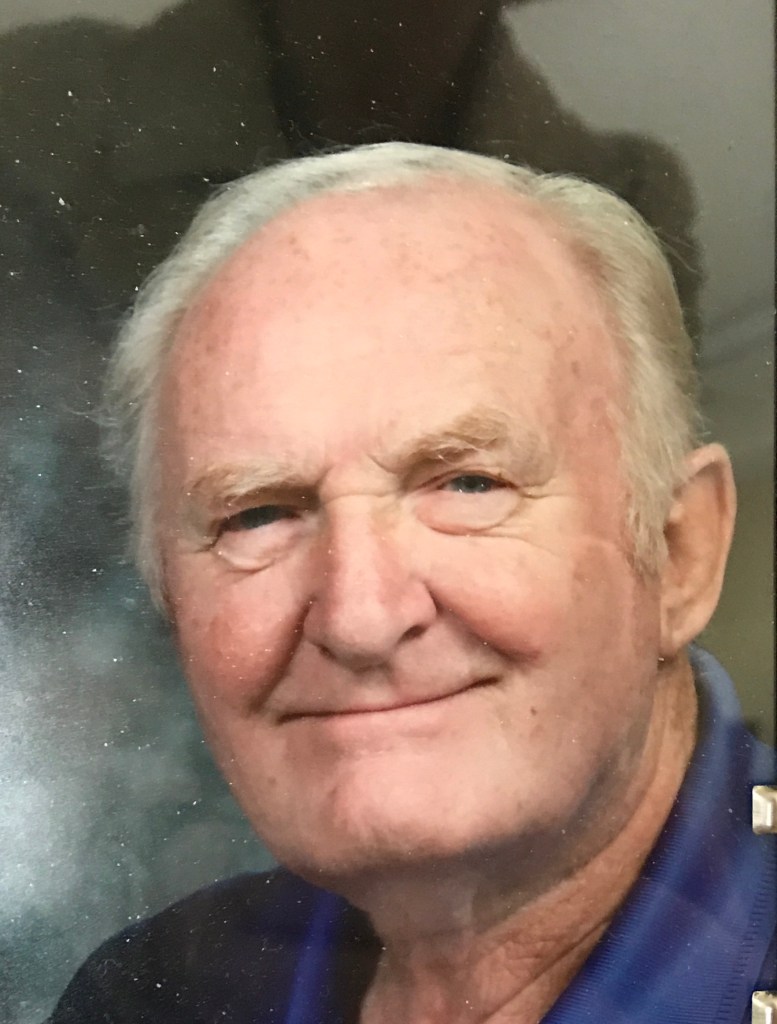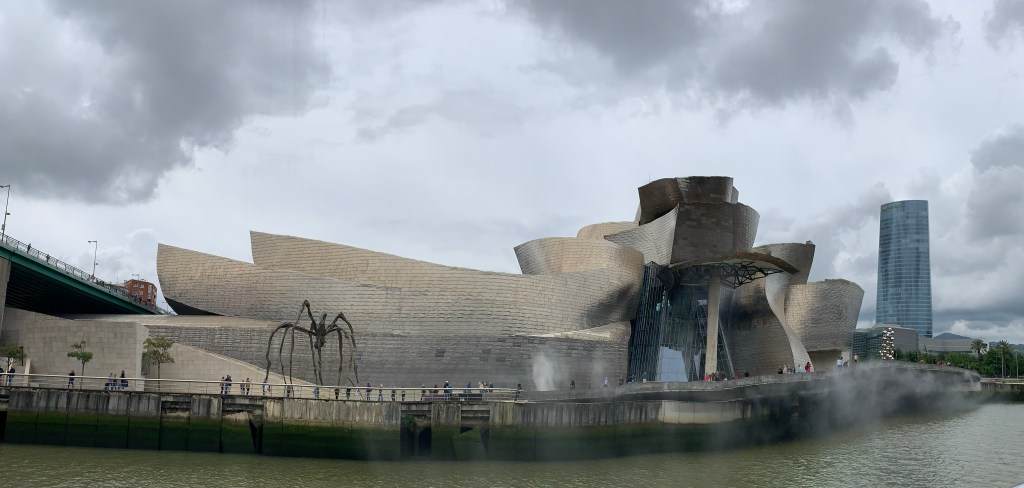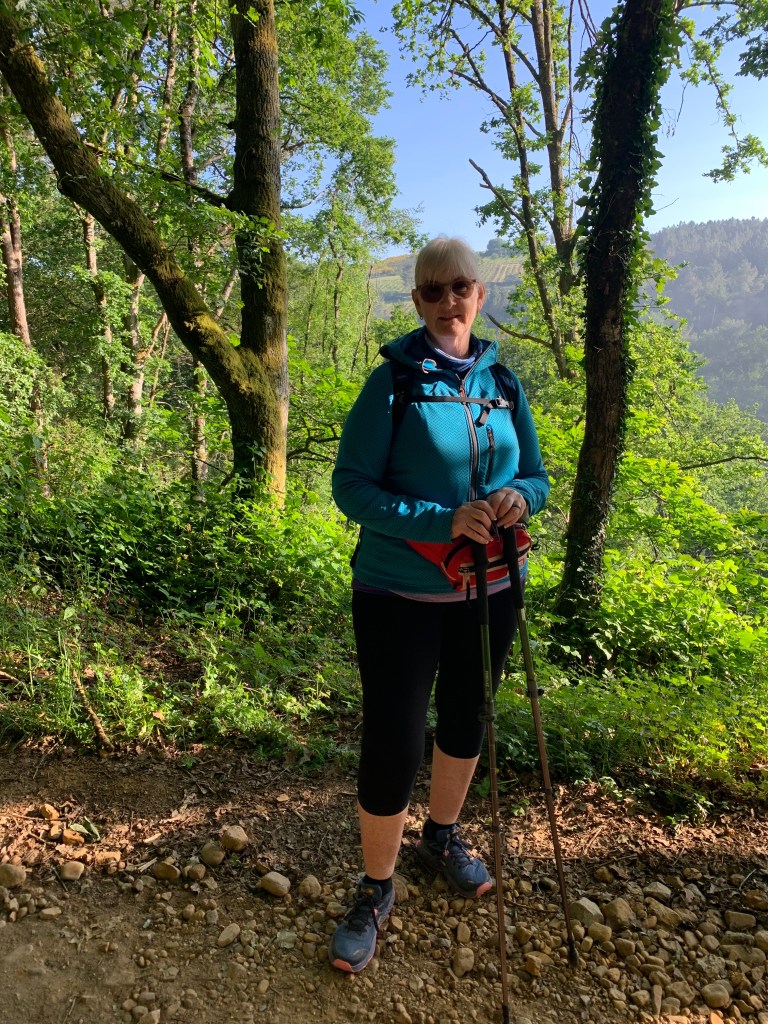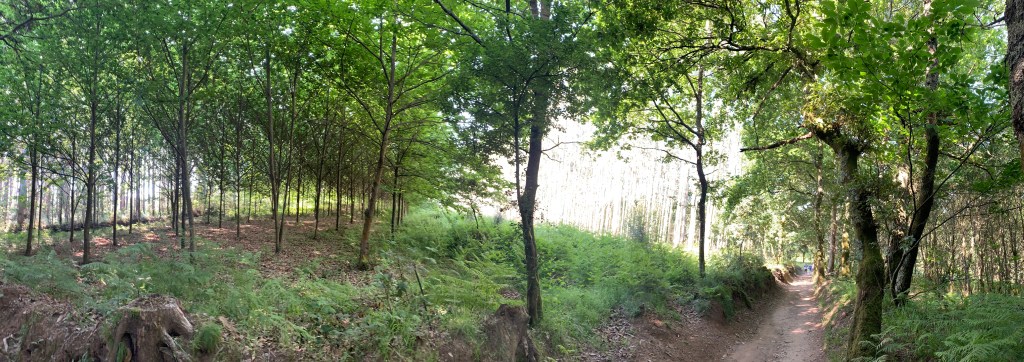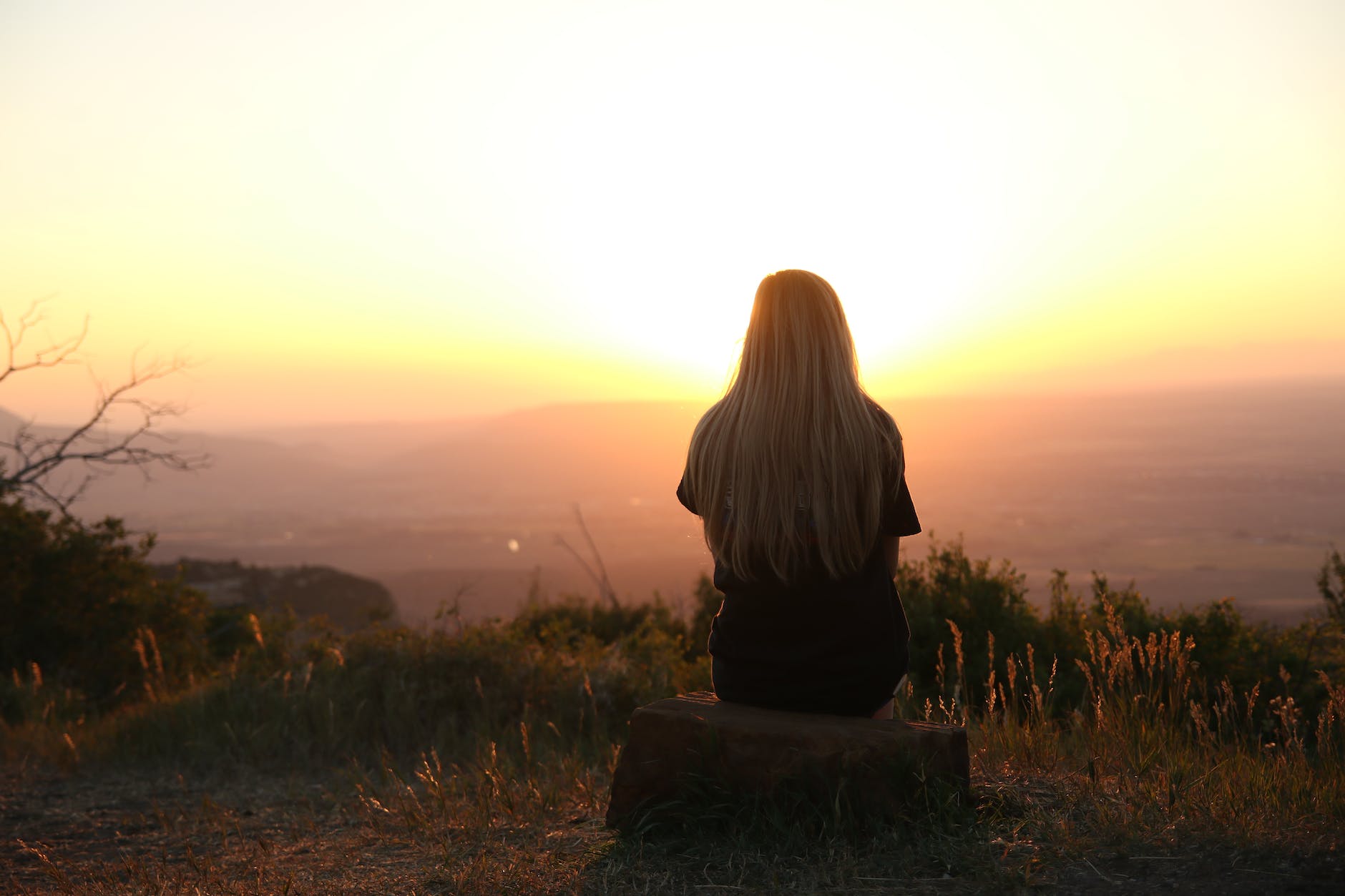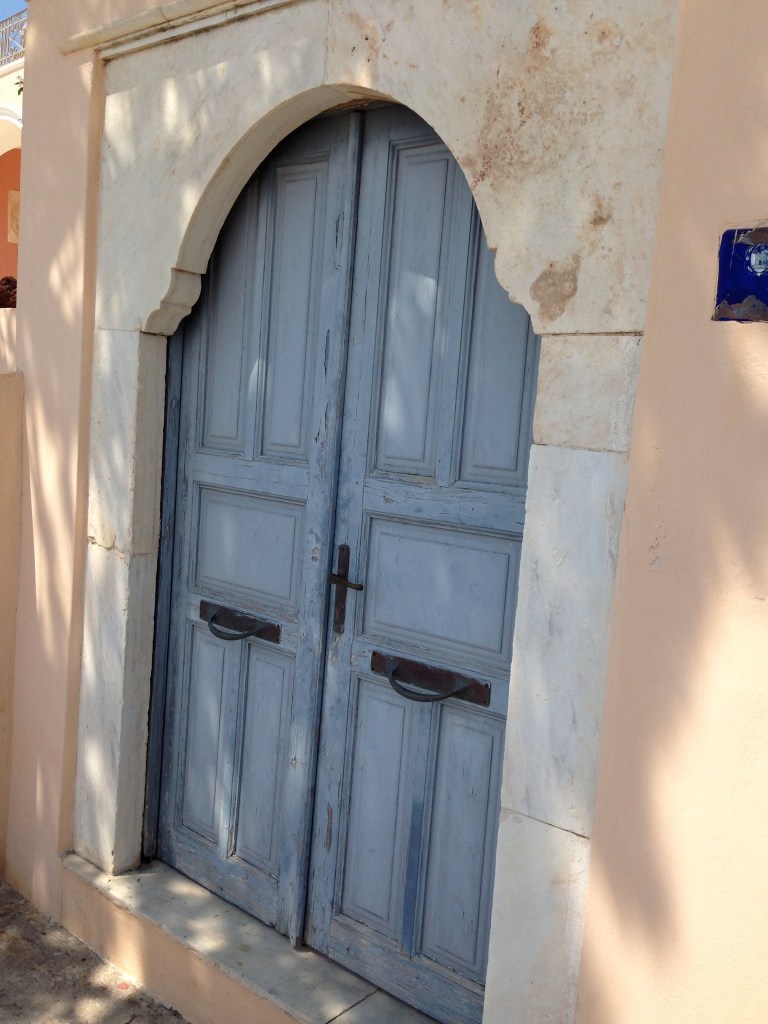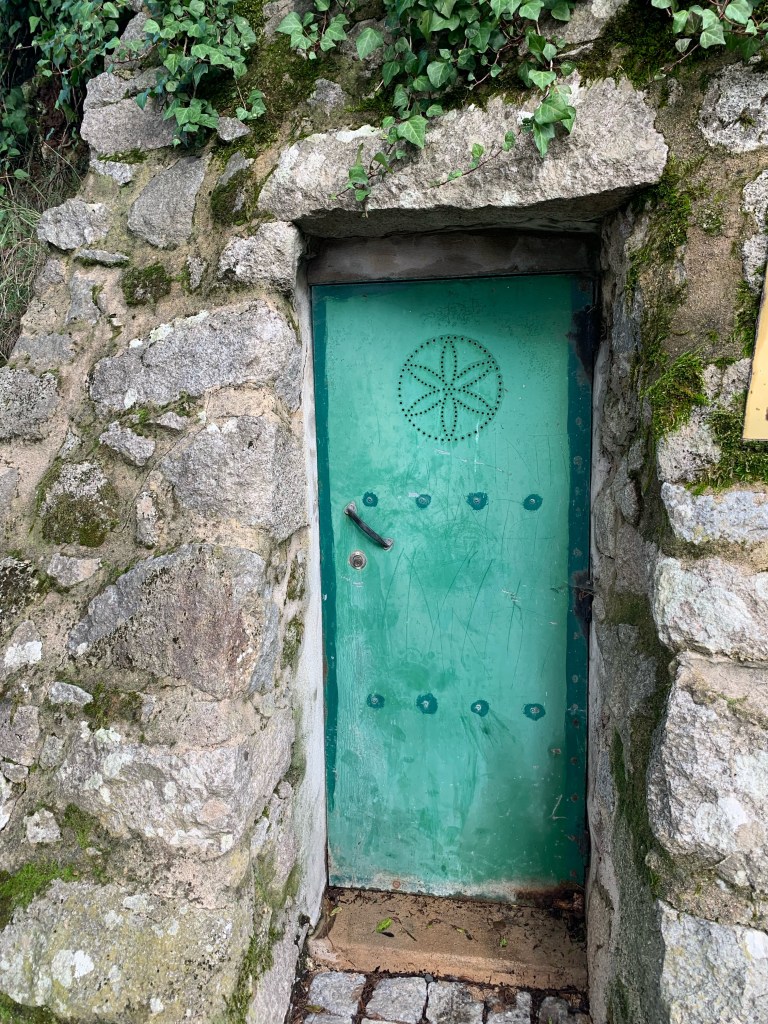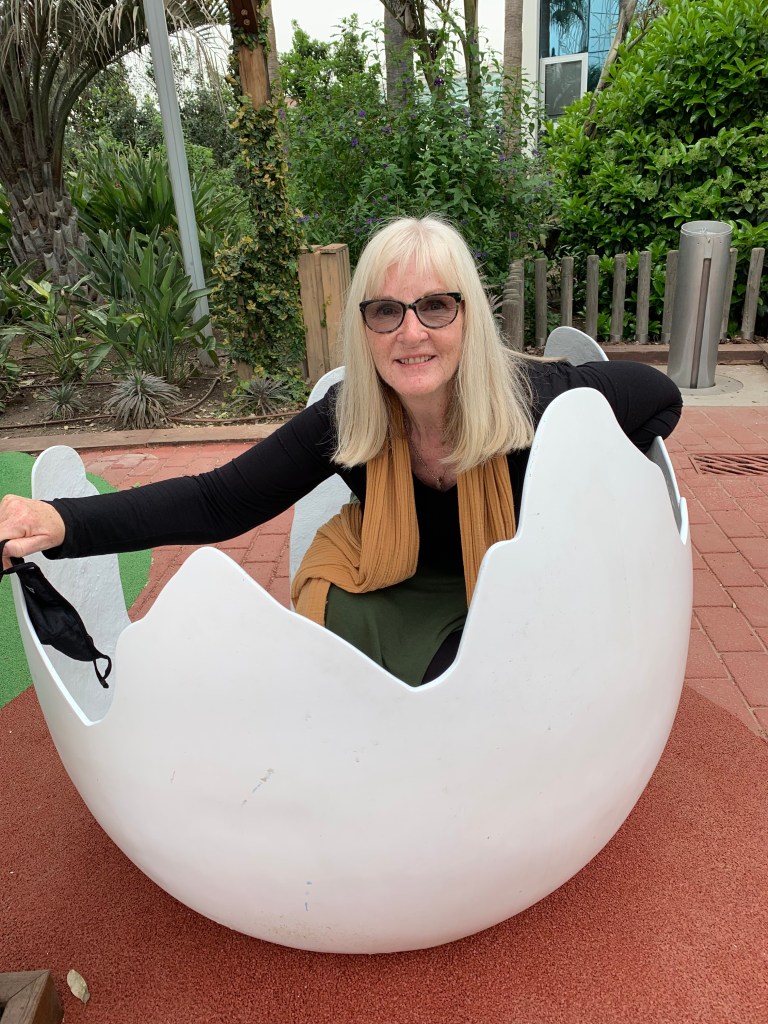Summer has officially begun! Honestly, it feels like summer began mid-May when I flew away to Spain and I’ve been waiting for the rest of the world to catch up with me!
Summer always speaks to me of slowing down, experiencing getaways and travel, adventure, lazy afternoon’s sipping wine on a patio or local winery while gazing over vistas boasting breath taking views of lakes and vineyards, long bike rides, leisurely walks (that always end at a cafe), and taking time to simply reflect on life.
Taking time to reflect…hmmm. As I was reading over blogs from previous years, I came across one I’d written on Information Overload and Creativity–these words stopped me in my tracks.
As I write this I am again reminded that what I don’t manage well is time to reflect, to slow down and relish the moment I am in, to ponder those special moments that happen each day. To call up the smile on the face of a grandchild you’ve had a chance to cuddle with, to share in the joy of good news offered, or to simply walk through the falling leaves of autumn.
In the blog I provided a link to Manoush Zomorodi speaking on How boredom can lead to your most brilliant ideas
Watching the video I felt at once convicted and inspired. How amazing to recognize when your body goes on autopilot, your brain gets busy forming new neural connections that connect ideas and solve problems.
I have a need to keep busy, to check my phone all too often, to stay on top of what’s happening on LinkedIn…I am guilty of FOMO! Not a recipe for effective reflection, or embracing opportunities to actually be bored.
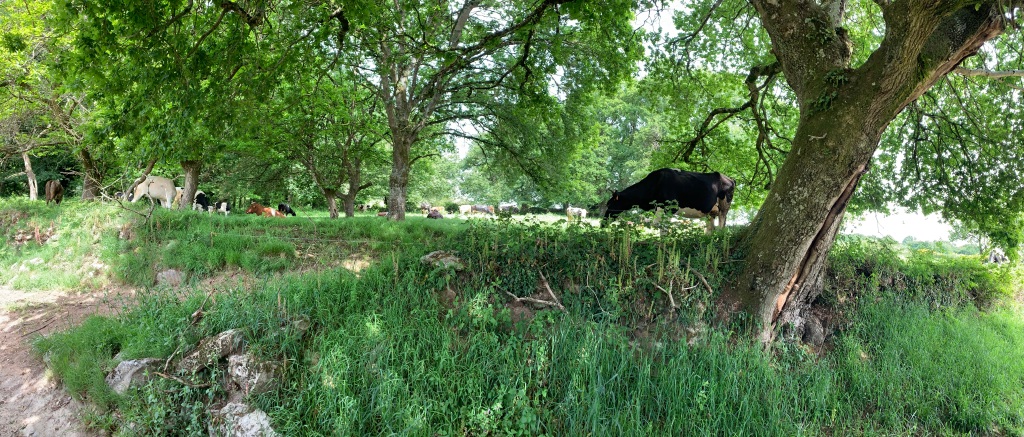
So, I have a goal for this summer. Picture time…not taking more, but spending time looking at pictures from past adventures, absorbing every detail, reliving the moments, feeling the emotions, letting my mind remember and be there once again.
I’m ready to be inspired, to be brilliant for what lies ahead. I’m looking forward to some bored moments this summer. How about you?
Pictures taken along the way while on my recent ‘Hiking the Camino’ trip to Spain.





